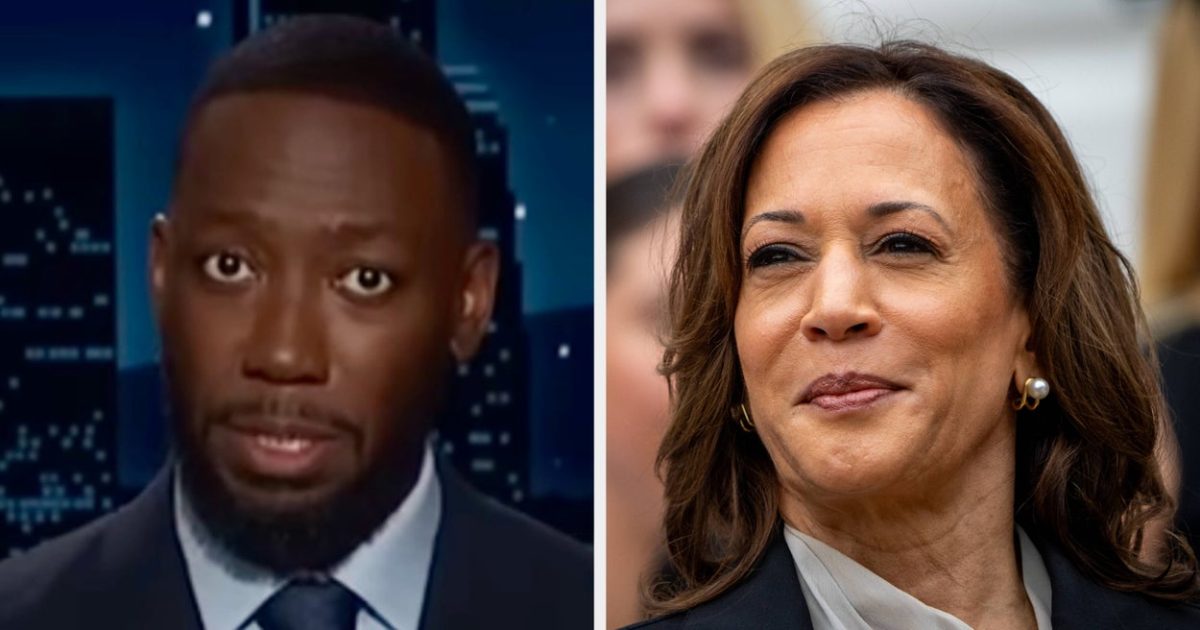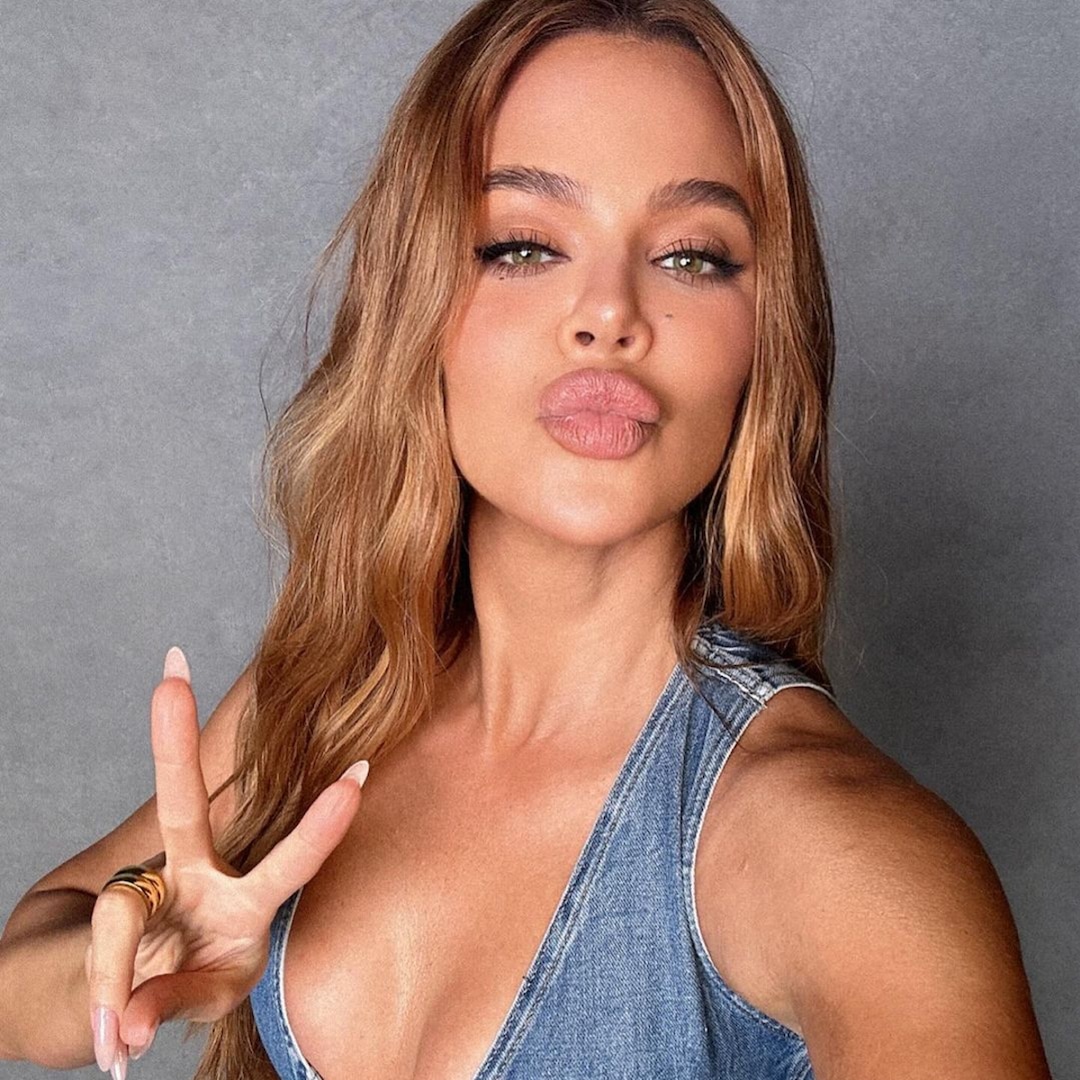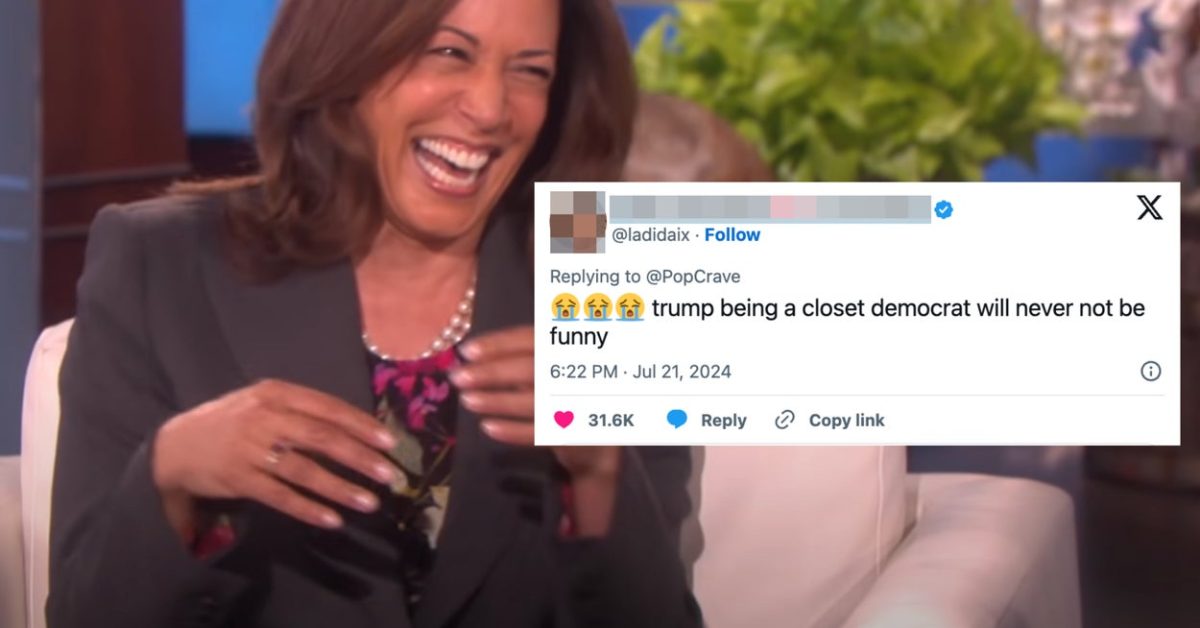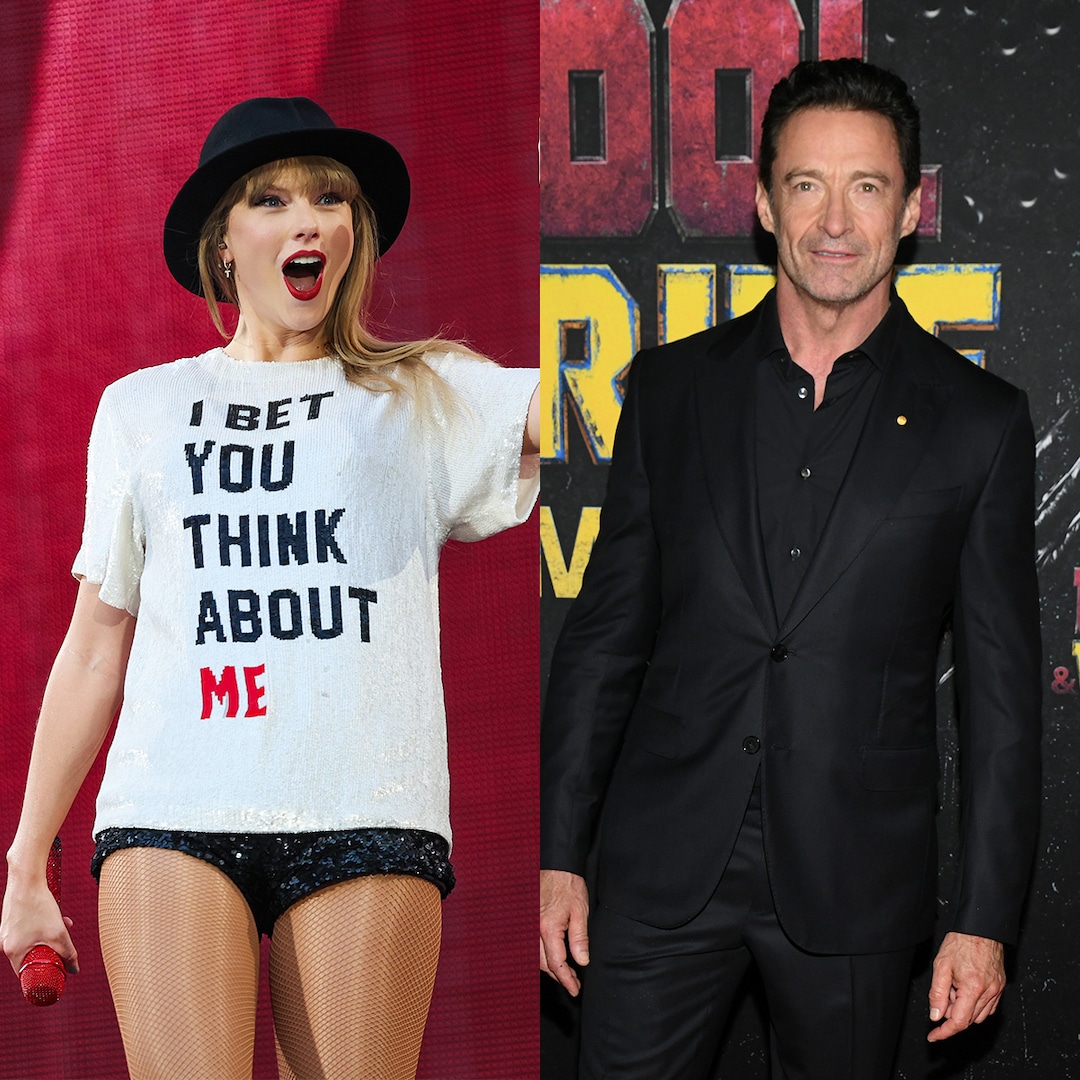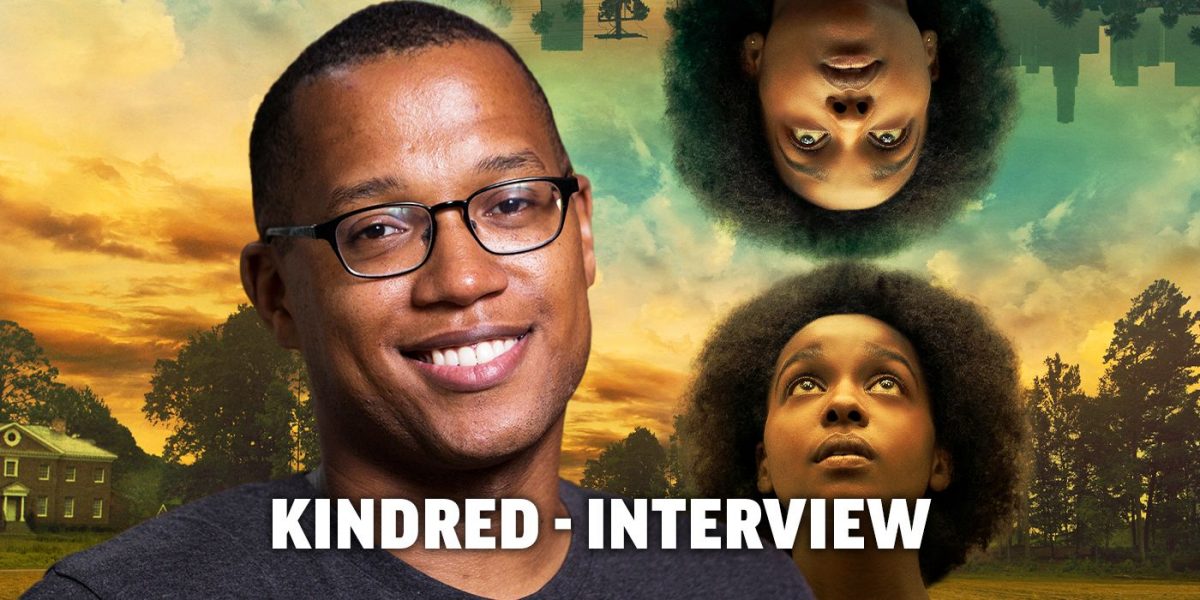
Kindred Showrunner Branden Jacobs-Jenkins on Adapting Octavia Butler’s Novel
Dec 28, 2022
[Editor’s note: The following contains spoilers for Kindred.]
Adapted from the acclaimed Octavia Butler novel, the FX series Kindred (available to stream at Hulu) follows Dana James (Mallori Johnson), a young Black woman who has just moved to Los Angeles to start the next chapter of her life. Not long after arriving to her new place of residence, she inexplicably finds herself time traveling to a 19th century plantation that’s linked to her bloodline, and even though she has no control over when she gets pulled back and forth, she endures in the hope that she’ll find some answers.
During this 1-on-1 interview with Collider, showrunner/writer/executive producer Branden Jacobs-Jenkins talked about what made him want to tackle this material, why making this series has felt like one extended dream, what he took from working with Damon Lindelof on Watchmen, how he approached deciding where to end the season, the challenges of shooting the whipping scene, why he chose to change the dynamic between Dana and Kevin (Micah Stock), and how they approached working with the kids in the series.
Collider: You’re the creator, the showrunner, a writer, and an executive producer. You’re basically responsible for adapting this story. So, what made you want to tackle this? Was this something that you wanted to do, and you pursued it? How did this happen?
BRANDEN JACOBS-JENKINS: This has been my Moby Dick for many, many years. I have been a gigantic Octavia Butler fan, basically since I started reading books. I discovered her work when I was 12 or 13 years old, and it was pre-Amazon, so I had to literally go out and find the books. I was able to find all of her works and read them in sequence, and Kindred was among the last of the books that I discovered. At that point, I was in college, and they were on syllabi, and it was very surprising to see her name on the syllabi.
The first time I read this book, I was blown away because I felt like it was speaking to me, and it was reflecting back on my life and how I understood my family history. It was just a very profound personal favorite book. And then, I may have reread it a few times. It was around 2010, when I was living in Berlin, that I read the book for the fourth time, I closed it, and I was like, “This is a TV show,” and I became obsessed with trying to bring it to the small screen. Here we are, 12 years later, and it’s happening, which is completely insane to me, but I feel super lucky.
Image via FX
There’s a big leap between saying, “I love this book and I think there’s a TV show in here,” and then there actually being one. Was there a moment when you realized that it was real, that it was really happening, and that you were going to go into production?
JACOBS-JENKINS: This moment is like, “Maybe this is all one extended dream. Maybe I’m in a coma somewhere.” I don’t know how to describe the experience of being a super fan of something who gets to bring it into its next iteration, and walking onto our set and being like, “Oh, my God, this is the set.” The designer scoured the books for any descriptions, and they would try to do what they could to recreate what was happening in the book. It’s just wild to see the thing that’s only existed in so many imaginations for so long, take physical form. It’s a wild experience.
You were also involved with Watchmen, which I thought was a brilliant series, and that’s also a series that took incredibly powerful ideas and themes that are relevant today, and it created its own world and characters out of source material. Were there things that you learned from that production that you feel helped with Kindred?
JACOBS-JENKINS: I was just beginning to develop Kindred around the time that I was in the Watchmen writers’ room. One of the things that I took away from it was Damon [Lindelof]’s fearlessness with just saying, “I’m not here to replace the original text.” There are a million ways to adapt something, and I think that really gave me permission to not feel like I needed to do a beat for beat, word for word, retelling of the novel. Actually, there were ways to refresh the property for a contemporary viewer that might actually enrich or deepen the themes of the original book and send people back to the book, and that really became a bit of a north star for me, through a lot of my development process.
That’s why I really love this show, and love the work Watchmen and even Interview with the Vampire have done with their adaptations. I can still go back and read the book at any time, so it can be more interesting than having an exact replica.
JACOBS-JENKINS: Totally. And hopefully, it gives you the opportunity to keep adapting and reaping that idea rather than doing an adaptation of something that’s just not as good as the book, but tries to be the book, and you’re like, “Well, now they’ll never do it again.” It just kills it. And I should really shout out (Interview with the Vampire showrunner) Rolin Jones for being such an amazing friend and compatriot. I called him so many times during this process, and he would always pick up. He has a similar mind where it’s like, “What’s the point of just remaking the old thing? This is an opportunity to make it deeper, make it newer, make it something else.”
Image via FX
In taking on something like this, where did you start? Do you start with the things that you want to carry over from the novel and keep? Do you start with the things that you want to and know you’ll have to change, and work from there? Is it a combination of both of those things?
JACOBS-JENKINS: It’s a lot of those things. For a long time, you spend time thinking, “What is Kindred, essentially? What is it if I take this thing away? Wait, that’s not Kindred anymore.” By process of elimination, you get to what is essentially the heart of something. For me, it’s Dana. It’s a young, aspiring writer who’s attempting to solve a mystery about herself and her family and her history. And she’s attempting to find love and family in her present day.
That was the guiding light for me. I wanted to see all the characters in that book come to life. I knew that for a fact that I wanted to see the Weylin farm. I wanted to see Dana go back and forth, in the way that she does. But then, there was this opportunity to do something [to] set it in the present day, which just makes the world of it ping a different way for the viewer, hopefully.
By the end of the season, we don’t really know what’s happened to Kevin or Olivia. We’re not really sure what’s going to happen to anyone. What made you decide to leave certain things an open question? What was your process for figuring out how much story you wanted to tell and where you would leave things?
JACOBS-JENKINS: Sometimes it’s just the network telling you to stop and saying, “This is how many episodes you get. You can’t go any farther.” But I also knew that, for me, when I read the book, it’s broken into very distinct stretches and movements, and I wanted to make sure I didn’t try to cram too much into one season. For those who know the book, with where we end off, they’ll know that there’s a lot of story left and there’s a huge turn that’s about to merge. I really wanted to make sure I gave that the space and time, and it deserved to do it justice.
Did you know that this was always where you wanted to end it, or did you try different things until something felt right?
JACOBS-JENKINS: I knew where in the book it felt like the end of a season to me. And we knew that we were pitched towards that turn, early on in the writers’ room. The thing about the concept of the book is that we drop into this kid’s life at very different times in his life. Suddenly, then, you’d have to have a completely different cast, halfway through the season. I felt like that possibly would’ve been a little too jarring for the viewer to take on.
Image via FX
The first and last episode are really essentially book-ended with this horrific thing that happens to Dana, with her being whipped. There’s something so visceral about that because we’re not really sure what’s happened, but you can really feel the pain of it. How did you deal with that? Because that is such challenging material, how did you deal with the actors on set, during those days?
JACOBS-JENKINS: Okay, cool. That was one of the most stressful and over-planned four days, in all of our shooting. We had execs fly in. We had 14 versions of on-set counselors there. And of course, no one needed that stuff, but I think it’s important because you want to be respectful of the reality of this experience for people. Violence is never something I’ve ever wanted to set aside or take lightly. I felt like it was very important that we also make sure we keep the camera as close to the victim’s experience as possible because that’s really what matters in those moments, to me, at least. And Mallori [Johnson] did a very excellent job. You can imagine how that becomes very tiring for an actor to have to put themselves through. We broke it up over the course of a couple days, so it didn’t all happen at once, which I think helped people prepare and also really be able to manage it in bite size chunks, ultimately.
A moment like that seems like it would not only affect the person experiencing it, but also the extras and the crew that were there?
JACOBS-JENKINS: And there were kids present. There was a lot going on.
The relationship dynamic between Dana and Kevin is such an interesting one because these are two people who barely know each other, and then all of these things are happening to them. What did you want from that relationship, and what was it like to actually see those actors bring that relationship to life?
JACOBS-JENKINS: In the book, those characters are married, which is a huge sticking point for a lot of people. But we had this desire – myself and the writers – to challenge ourselves to see if we could really depict, in real time, the evolution of an interracial marriage. Could we actually go from zero to a hundred, over the time allotted for us? And we wanted to really take our time and slow it down, and really see if we can demarcate the steps that people take, in order to really fall in love and commit to each other. I would definitely say this season is somehow about commitment. It’s about recognizing the ways in which you will never have the same experience as the other person, but still acknowledging that you can be a comforter there for someone, or be of value. That was what our idea was.
When we were casting Micah [Stock] and Mallori, they had an incredible chemistry read. We read them each against a million different people, but instantly, they just had a really good dynamic that’s hard to capture. It’s not a thing you can teach people, or fake in any way. We were just super lucky to get these two actors, and it was such a pleasure to watch them find that on screen. It actually became very fun to write towards that. I liked writing towards their awkward dynamic for so long. It’s been amazing. It’s been such a joy for me, honestly, to try to bring out this complicated, real, emotional-feeling romance. This is a love story trying not to be a horror story.
I also found the family dynamic between Thomas, Margaret and Rufus so interesting because, between the three of them, you can see where they have love for each other, but you can also see how the behavior of the parents rubs off on the child. How did you handle all of that with a child there?
JACOBS-JENKINS: It just so happens that Dave Kaplan is more mature than half the actors. It was amazing. Honestly, when you’re working with child actors, you’re really working with their parents. He had the most incredible father, Alan, who really made sure that he understood what was happening, at any given moment, and understood the boundaries between real life and what play was. Something would come out of his mouth, and you’d be like, “Who are you? You’re a savant kid actor.” And there are a lot of kids in the show. There’s also Carrie and Nigel. There was a ton of early screening in our casting process, to make sure these kids had families that were fully aware this wasn’t just a job, this was a situation in which their child might experience things that they would have no context for. So, in the same way that you flood that stage with support when someone is undergoing violence, you doubly flood it for a kid, no matter what’s happening, because they’re still developing minds. They don’t really know what’s going on until you tell them.
Kindred is available to stream at Hulu.
Publisher: Source link
Lamorne Morris Thinks Kamala Harris Has This Advantage Over Donald Trump
Trump said that President Joe Biden, who dropped out of the race on Sunday while recovering from COVID-19, never really had the infection. “Really? Trump thinks Biden never had COVID?” Morris said on Monday. “You don’t pretend to have COVID to get out…
Jul 26, 2024
Khloe Kardashian Is Ranked No. 7 in the World for Aging Slowly
Khloe Kardashian's body is out for more than just revenge. In fact, the 40-year-old is one of the world's slowest agers—a revelation she learned after taking a blood test to determine her body's biological age compared to her calendar age.…
Jul 26, 2024
Reactions To Trump’s Kamala Harris Donation
Just as many white Americans used their Obama vote to excuse their internalized racism, Lauren Boebert seems to have adopted this same ideology, ignoring Trump's long record of racism against African Americans, Mexicans, Hispanics, Native Americans, Muslims, Jews, and immigrants, and discrimination against women and…
Jul 25, 2024
Hugh Jackman Reveals What an NFL Game With Taylor Swift Is Really Like
Hugh Jackman is happy to fill any blank space in Taylor Swift’s NFL game suite. In fact, the Deadpool & Wolverine star recently detailed his experience attending a Kansas City Chiefs game to root on Travis Kelce, alongside Ryan Reynolds,…
Jul 25, 2024








